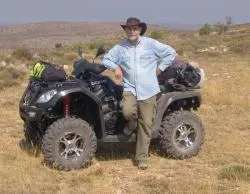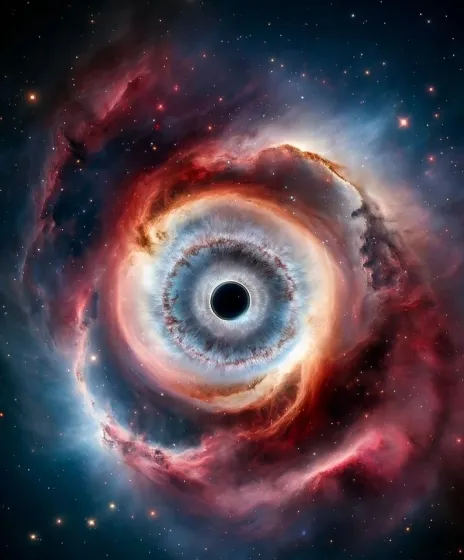The theme of "hypoglycemia" in healthy and non -diabetic people is quite thorny (the hypoglycems of severely ill people, with terminal cancers, or very evolved nerve anorexias, or with severe liver failure, they are a totally separate chapter)
To guide the case, a complete and detailed medical history should be made.The "hypoglycemia" are fasting?Immediate postprandials?Late postprandials?The person has a family history of type 2 diabetes?Personal history of interventions in the digestive system?The person is overweight or obesity?The person takes a drug or drugs for another reason?Do you have any disease to stand out?
It is possible to find glycemia of 60 or less in healthy people (up to 45), totally asymptomatic, and have no significance.I understand that this may seem shocking from the point of view of the person who knows the type 1 diabetes close.
Regarding the rest of the cases, with low glycemia values, it can be a totally benign disorder (reactive hypoglycemia, most cases, fortunately), to be feet hypoglycemia (in a non -negligible number of cases) or to an insulinoma(The less), a normally benign tumor that secret insulin and causes hypoglycemia.When there are doubts, the only way to diagnose the case is with the 72 -hour fast test.As the name implies, the patient is admitted and without eating (only water or sugar infusions) and if at any time he has the symptoms, a capillary blood glucose is performed, which will only be considered significant hypoglycemia if it is less than 40 mg/dl.Then venous blood is extracted in which glycemia, insulin, C peptide and sulfonylureas are determined.If hypoglycemia is confirmed in high insulin and low C peptide, everything points to exogenous (and hidden) administration of insulin.If there is high insulin and high C peptide, there are "endogenous hyperinsulinism", which can be due to sulfonylureas intake (again factory) or because the patient has an insulinoma (and there the analysis of sulfonylureas comes into play).If the suspicion of insulinoma is biochemically confirmed, then tests must be done to try to locate the possible insulinoma (which can become very difficult).
If during the 72 hours, at no time there are symptoms or hypoglycemia, you can stay calm, because there is no worrying background disorder, and the test is terminated.
For reactive hypoglycemia, which are considered functional and benign, we must not try to treat them as if it were a patient with diabetes in treatment with insulin or obsess in "tracing it" looking at hair glycems every time, but trying to prevent them (which I understand that I understand thatIt may seem shocking if you have diabetes and you are used to dealing with your hypoglycemia).If the person is hungry, who eats (they usually have a feeling of hunger).It is recommended to fraction the diet as much as possible and reduce the amount of rapid absorption carbohydrates, and with this I do not want to say "simple carbohydrates", since as many you know, foods such as white bread, some rice and non -integral pasteThey can be of super fast absorption (even if they contain complex starches).With dietary measures, most cases improve.
Above all tranquility: no one has had serious consequences for reactive hypoglycemia (neither coma, nor brain sequelae, nor death).



